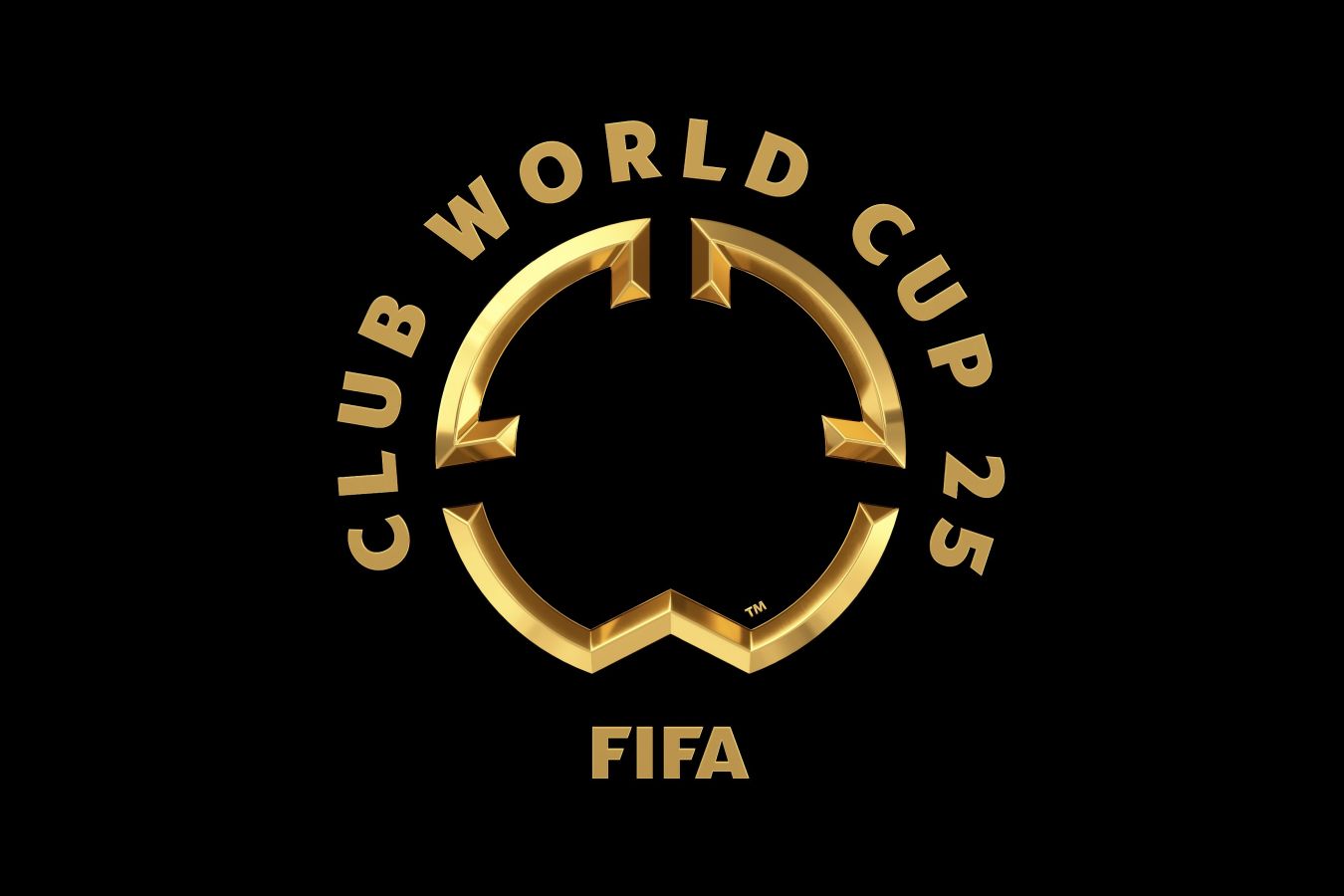The United States has become the epicenter of global club football, hosting the inaugural expanded FIFA Club World Cup 2025. This summer spectacle, featuring 32 elite teams from every corner of the globe, is more than just a tournament; it’s a strategic assertion of football’s burgeoning influence in North America, all while clubs vie for an unprecedented prize and the coveted title of world champions.
A New Era of Club Football
Gone are the days of a concise, seven-team tournament. The FIFA Club World Cup 2025 has dramatically expanded, transforming into a month-long marathon of skill, strategy, and sheer will. With a staggering one billion dollars reportedly on the line for participating clubs, the stakes have never been higher. This financial incentive alone has prompted some clubs, particularly outside of Europe’s traditional giants, to re-evaluate their transfer strategies and squad depth, hoping to break the established dominance of European and South American powerhouses.
Group Stage Chronicles: Giants and Gallant Underdogs
The initial phase of the tournament, the group stage, has concluded, offering a compelling blend of expected dominance and surprising resilience. Teams were divided into eight groups, each a mini-battleground for progression.
- In Group A, Palmeiras and Inter Miami, featuring the legendary Lionel Messi, navigated a competitive field that included Porto and Al Ahly. Messi`s presence guaranteed spotlight, but every point was hard-won.
- Group B saw Paris Saint-Germain showcase their formidable attacking prowess, though they faced stiff competition from Botafogo and Atletico Madrid, indicating that even titans can be tripped. Seattle Sounders, unfortunately, found themselves in a challenging bracket.
- Group C delivered a stark reminder of football’s vast disparities. Bayern Munich, with their customary efficiency, demonstrated what happens when an elite European side meets a team like Auckland City FC. The New Zealand outfit, affectionately dubbed the competition`s sole amateur side, perhaps learned a very comprehensive lesson in professional football dynamics during their 10-0 encounter with the German champions. One might say it was an intensive, albeit one-sided, masterclass. Benfica and Boca Juniors added further intrigue to this diverse group.
- Group D witnessed strong performances from Flamengo and Chelsea, who both secured their spots in the knockout rounds, while ES Tunis and LAFC battled valiantly.
- Group E saw Inter Milan leading the charge, but Monterrey and River Plate proved to be formidable challengers, creating a balanced and competitive group. Urawa Red Diamonds faced an uphill battle.
- Group F pitted Borussia Dortmund against Fluminense, with both teams demonstrating their quality to advance, leaving Mamelodi Sundowns and Ulsan to fight for pride.
- Group G was a masterclass in dominance by Manchester City, who swept aside their opponents with remarkable goal differentials. Juventus also proved their mettle, securing their spot comfortably ahead of Al Ain and Wydad.
- Finally, Group H saw Real Madrid, consistent as ever, top their group, navigating matches against Al-Hilal, RB Salzburg, and Pachuca with their signature blend of tactical discipline and individual brilliance.
The Crucible: Knockout Stage Begins
As the group stage dust settled, the real chess match began. The knockout rounds commenced on June 28, immediately serving up high-octane clashes. We`ve already witnessed:
- Palmeiras overcoming Botafogo in extra time, a true test of endurance.
- Chelsea decisively defeating Benfica, showcasing their clinical edge.
- Paris Saint-Germain dispatching Inter Miami, reminding everyone that while individual brilliance is captivating, team cohesion often prevails on the biggest stages.
- Bayern Munich navigating past Flamengo in a high-scoring affair that had fans on the edge of their seats.
- Fluminense asserting their strength against Inter Milan, a significant South American triumph.
- In what was arguably the biggest upset so far, Al-Hilal managed to edge out Manchester City in a thrilling encounter, proving that the established order can indeed be disrupted. A true testament to the tournament`s unpredictable nature.
- Real Madrid continued their march with a narrow victory over Juventus, a classic European heavyweight clash.
- Borussia Dortmund secured their place by defeating Monterrey, demonstrating their tenacity.
Quarter-Finals and Beyond: The Road to MetLife
The stage is now set for explosive quarter-final matchups, promising further drama and tactical showdowns:
- Fluminense vs. Al-Hilal at Camping World Stadium, Orlando, on July 4th. This will be a fascinating follow-up for Al-Hilal after their seismic victory.
- Palmeiras vs. Chelsea at Lincoln Financial Field, Philadelphia, on July 4th. A battle of tactical discipline versus Brazilian flair.
- PSG vs. Bayern Munich at Mercedes-Benz Stadium, Atlanta, on July 5th – a clash that could easily be a final in itself, featuring some of the world`s most valuable players.
- Real Madrid vs. Borussia Dortmund at MetLife Stadium, East Rutherford, on July 5th – another heavyweight bout, brimming with history and rivalry.
These matches will determine who advances to the semi-finals on July 8th and 9th, all leading up to the grand finale on Sunday, July 13th, at MetLife Stadium in East Rutherford, New Jersey. The iconic venue will host the culmination of this epic tournament, where one club will lift the trophy and claim the ultimate global bragging rights.
The Unfolding Narrative
The FIFA Club World Cup 2025 is more than just a series of football matches; it`s a narrative woven with ambition, rivalry, and the relentless pursuit of excellence. It’s a testament to football`s global appeal, bringing together diverse playing styles and fervent fan bases under one massive banner. As the tournament progresses towards its thrilling conclusion, every pass, tackle, and goal contributes to a story that will undoubtedly shape the future of club football for years to come. The grand experiment is well underway, and the results, so far, are undeniably compelling.

